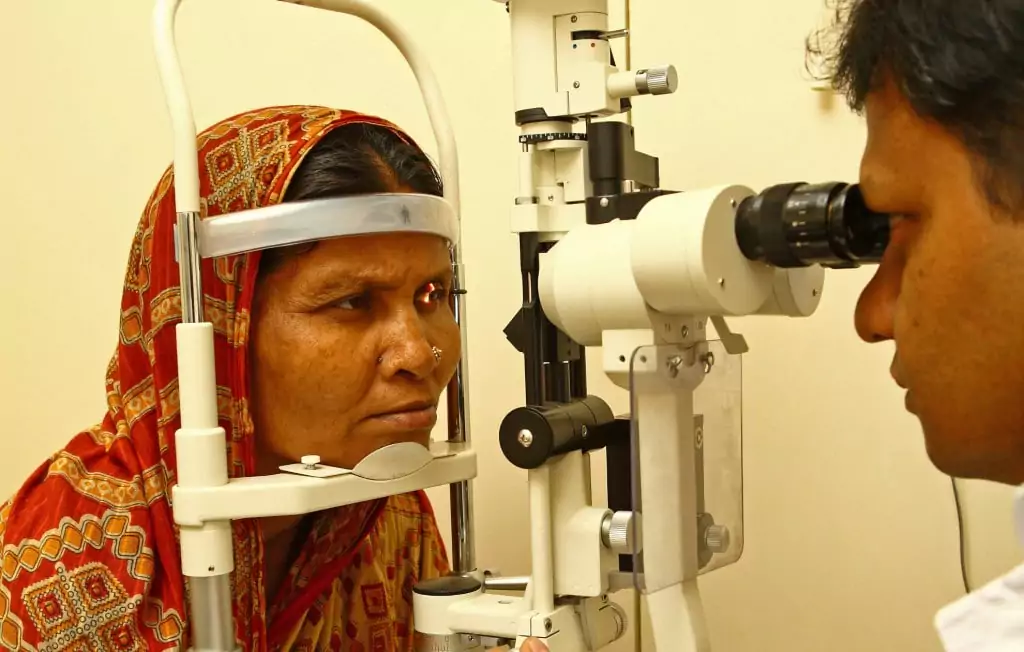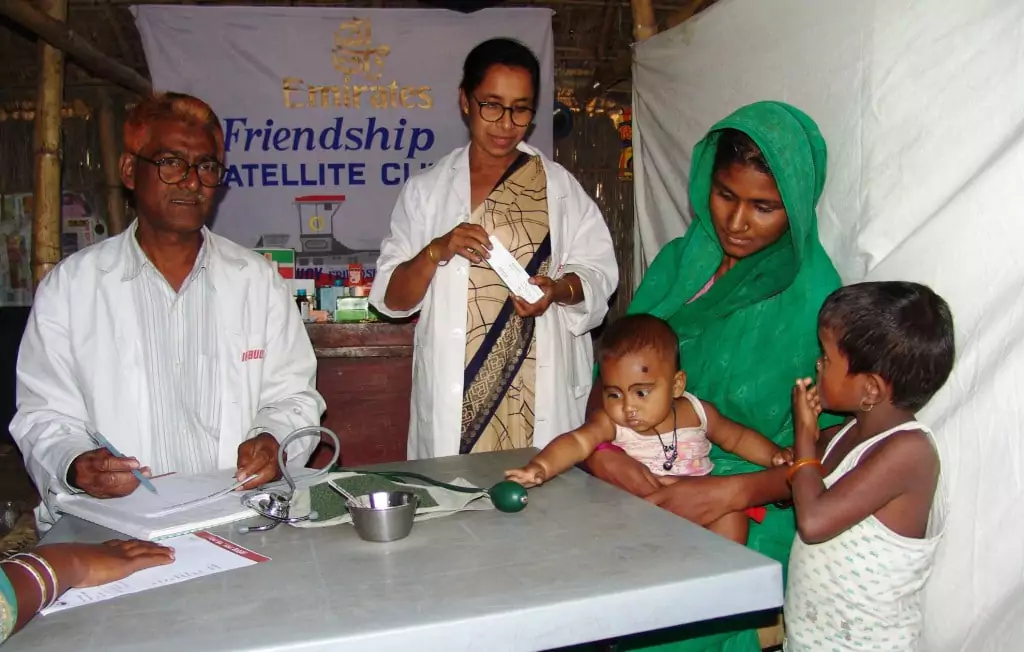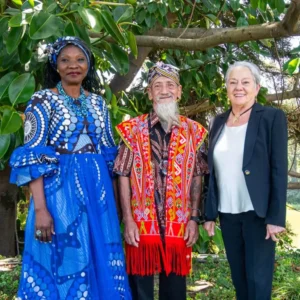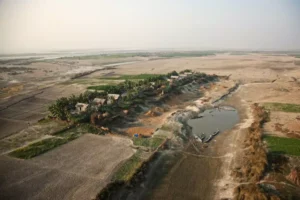Climate Adaptation
Working in regions that are deprived of basic services, the first commitment of Friendship is Saving Lives.
Friendship began its journey with a hospital ship, which was the most urgent need of the hour when the organisation first started working in the riverine areas.
Access to healthcare is a fundamental human right and Friendship has built over the years a three-tier system that makes healthcare available to all.
Bangladesh is particularly vulnerable to natural disasters and Friendship also focuses its efforts on helping and saving people in case of disaster.
MANGROVE AFFORESTATION
All specialists agree that mangroves forests are a prime ecosystem to preserve and restore in the face of the climate crisis.
Friendship’s mangrove afforestation programme combines the regenerative effects of mangroves with their ability to protect landscapes from tidal surges and erosion.
Mangrove trees planted in river mudflats improve biodiversity and protect the embankments that keep saline water out of agricultural soils. The plantations will also bring economic benefits to local communities in the form of shrimps, crabs, bees, fruit, fish, twigs and thatch once the forests are mature.
In addition, as a co-benefit of this nature-based adaptation solution, mangrove trees capture five times as much carbon dioxide from the air as other types of forest.
PLINTH RAISING
Plinths are clusters villages raised above flood levels to provide a shelter to house displaced communities and their possessions, including livestock, during flooding.
Friendship’s plinths are equipped with safe drinking water, washrooms and infrastructure to accommodate the immediate needs of shelter seekers.
CLIMATE COMPATIBLE INFRASTRUCTURE
Friendship has worked with the government and other NGOs to create a building standard that conforms to climatic realities across the country.
All of our buildings interact with their environment to maximise utility and sustainability.
For example, our schools are easily dismantlable if the island breaks during floods but are built to endure storms. The Friendship Centre, built to withstand flooding, minimise its carbon footprint and complement the local climate, is a winner of the prestigious Aga Khan Award for Architecture. Similarly, the Friendship Hospital Shyamnagar was awarded the best new building in the world for 2021 by the Royal Institute of British Architects (RIBA) for its environmentally conscious architecture that is also conducive to the patients physical and mental healing.
e
GREEN ENERGY
Friendship provides families with access to low cost solar-powered lighting and communities with solar powered streetlights.
The river islands of the Brahmaputra where Friendship operates are completely off the power grid, due to remoteness and unstable landscape caused by erosion.
The solar home lighting systems allow rural families to extend their workday into the evening hours, and students to study in the evening.
They are also healthier and less of a fire hazard than the old kerosene lamps.
The easily dismantlable photovoltaic systems also power our schools and disaster-time mobile charging facilities. Three new solar micro-grids—including the first of its kind in the char areas—will supply electricity to 560 families.
DISASTER PREPAREDNESS COMMITTEES
Friendship establishes disaster management committees in coastal and char villages, and works with them to develop strategies and prepare risk-reduction action plans for implementation during natural disasters to keep the community safe and to mitigate their impact.
Friendship Disaster Management Committees are fora in which communities can share their experiences, assess potential risks, identify needs and develop practical solutions using local knowledge and Friendship’s resources.
CLIMATE ADAPTIVE AGRICULTURE TECHNIQUES, TRAINING & DEMONSTRATIONS
Floods and tidal surges can ruin a farmer’s investments for a planting season, leaving them with debts that are difficult to pay off.
Repeated disasters like this can bring on a cycle of debt and poverty.
Friendship trains farmers in adaptive agriculture techniques, such as saline-resistant crops and floating seed beds, and introduces alternative products such as shrimp or crabs, which are better suited to changing environments.
INTER-SCHOOL CONNECTIVITY FOR CLIMATE AWARENESS
The Inter-School Connectivity Project (ISCP) is a year-long exchange programme between Friendship school students in remote river island areas and their counterparts in France, Luxembourg, Switzerland and Cambodia.
The students spoke to each other in a series of Zoom calls, in a very practical, experiential approach to climate change education, sharing knowledge and experience on climate, agriculture and day to day life.
The programme encouraged students to discuss and share solutions to cope with climate change — logistical or behavioural adaptations, changes in practices and lifestyles, etc.
MAIN ACTIONS
















